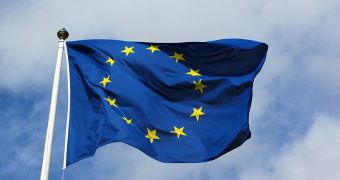Privacy laws in Europe are already a lot tougher than in the US. In some countries in particular, like Germany, privacy is taken very seriously, and plenty of US companies, used to the American way of handling users, have found themselves in trouble.
But privacy rules in the EU are about to get even tougher, at least some aspects of them. The EU is working on a revamped and EU-wide privacy law, mostly aimed at online companies.
However, the proposed legislation will affect most businesses operating in the EU. It will still be a year before there's even a vote on it, but companies are already preparing.
While US businesses with interest in Europe, including the big ones like Google, Facebook, Apple, and so on, are keeping an eye on the process and are lobbying for a softer stance, EU companies are meeting to discuss the possibilities and what the proposed changes mean for them.
For now though, the law remains controversial and there's not a lot of consensus. The main goals remain to give users more control over what companies can and can't track with or without consent. Another main goal is data portability, making it harder to keep users locked to one site or one ecosystem.
One of the more controversial proposals is the "right to be forgotten," which makes it possible for people to remove things from the Internet.
Of course, whether any of this is technically possible is another question. Companies could be forced to remove data like photos or posts, but the issue is problematic when it comes to news stories or sites that don't fall under EU jurisdiction.
In these cases, the law could force third parties, search engines for example, to block said content, but it's a slippery slope.
The law would also create an EU-wide privacy regulator. Currently, privacy issues are handled differently by member states, though there is a group handling privacy issues, the Article 29 Working party, made up of representatives of data protection regulators from all member states.

 14 DAY TRIAL //
14 DAY TRIAL //